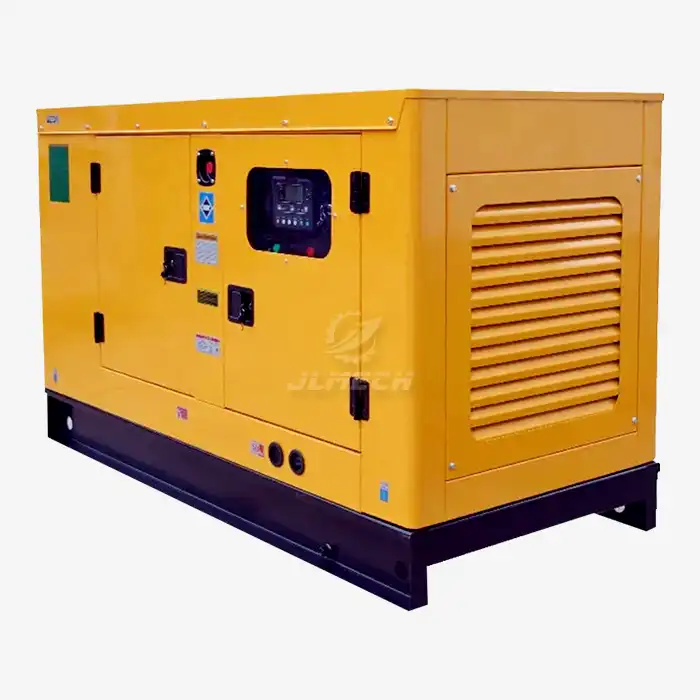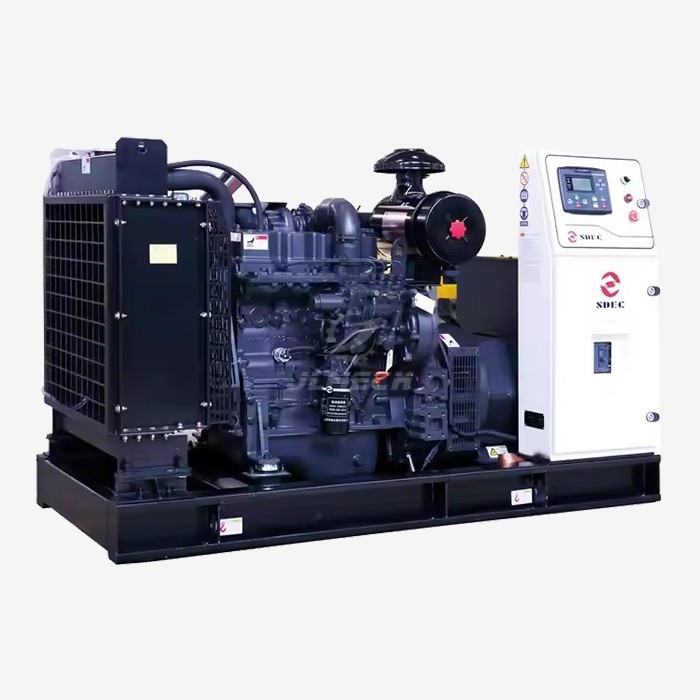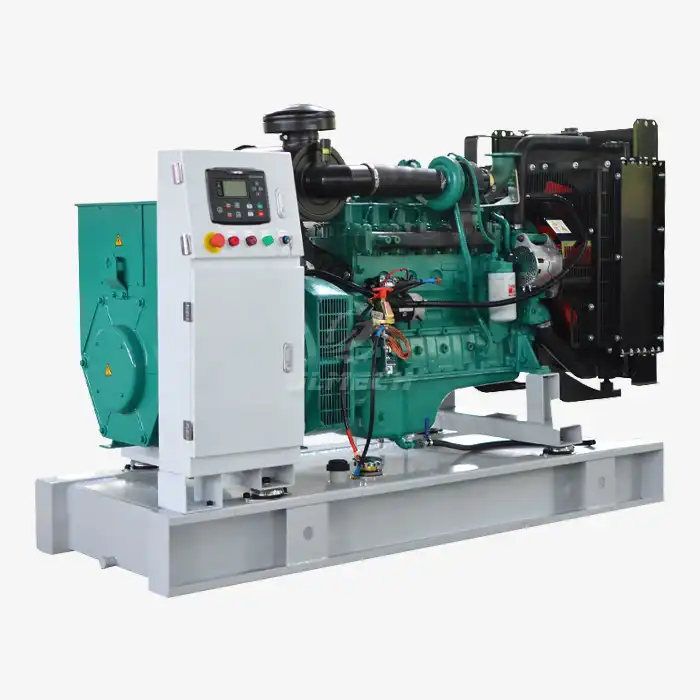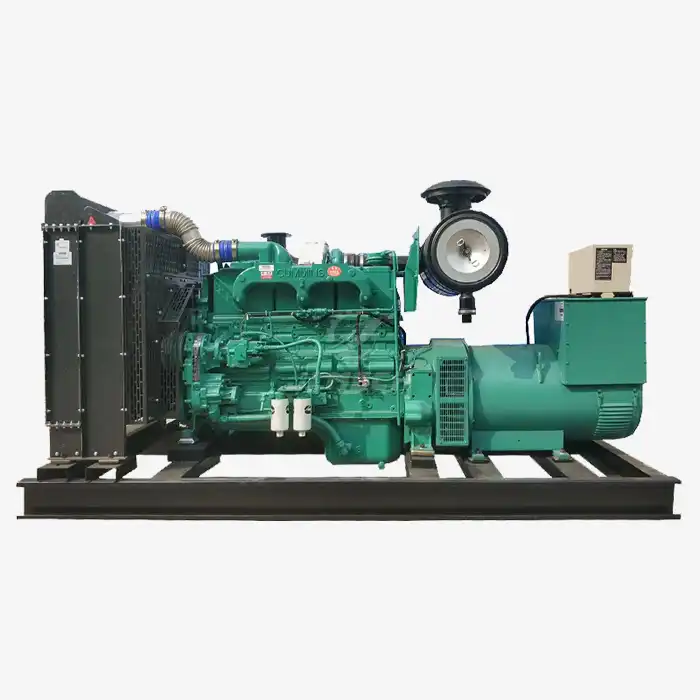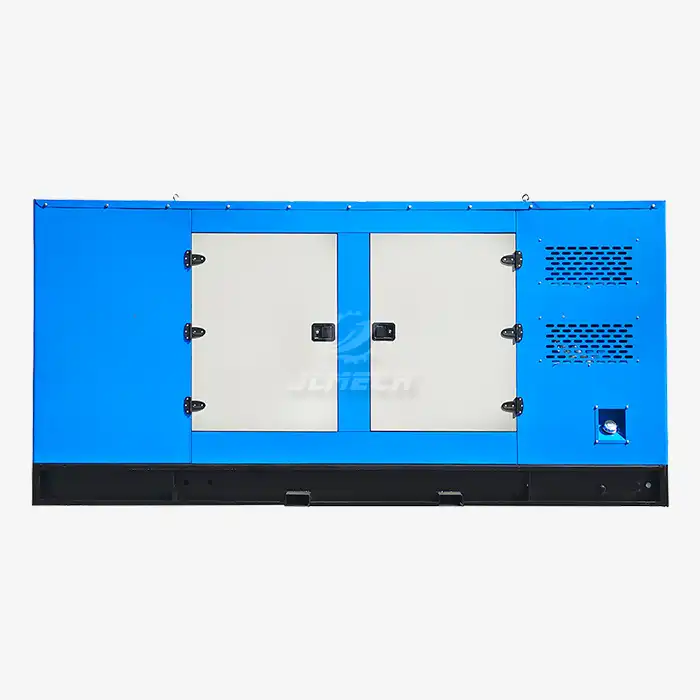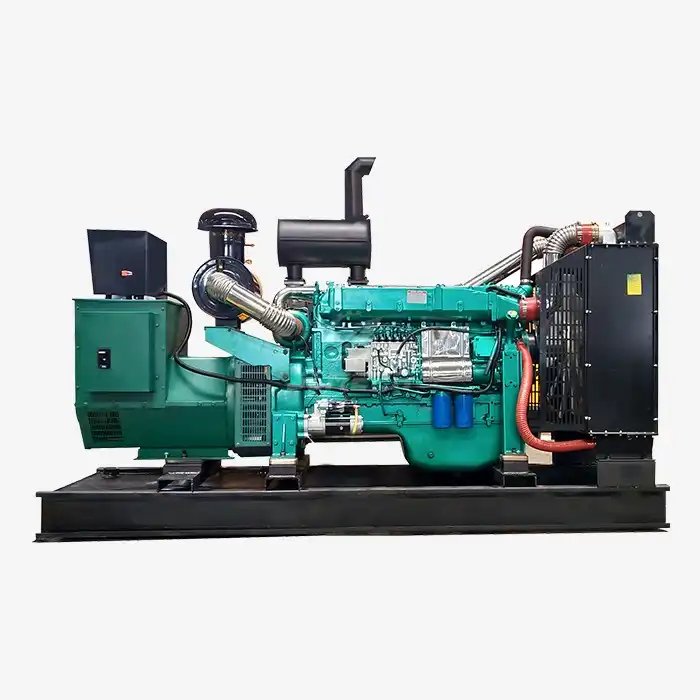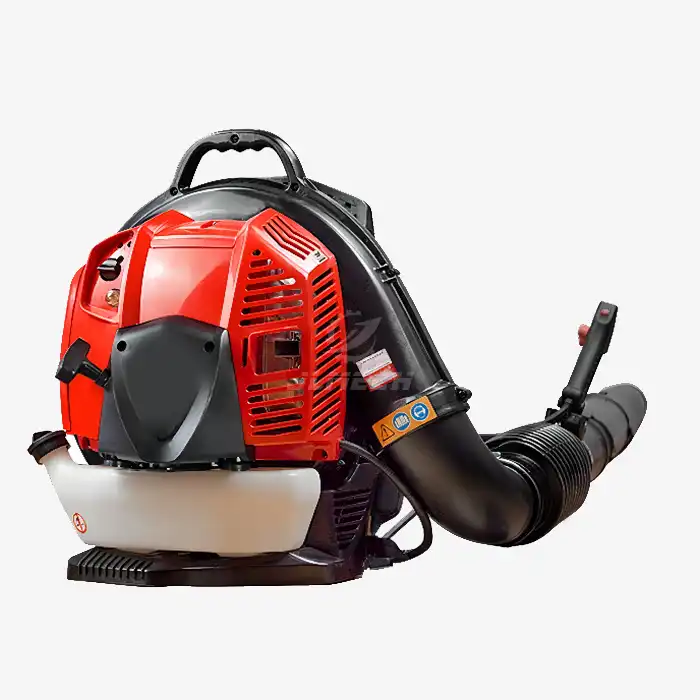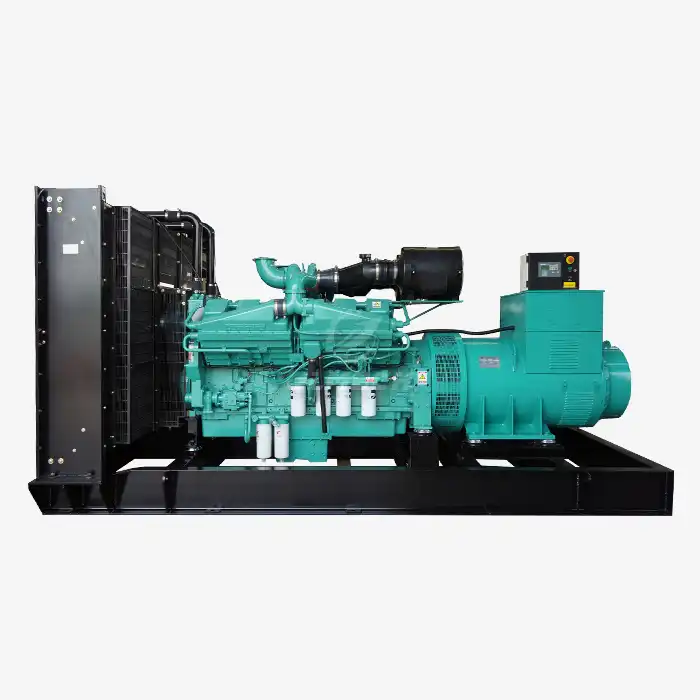Will a 50 kW generator run a house?
Yes, a 50kw generator is more than capable of powering a typical house. In fact, for the vast majority of residential applications, a unit of this size provides substantial excess power. It is an ideal solution not just for large homes, but also for small businesses, farms, and construction sites. The key to determining if it's right for you lies in understanding your specific power requirements and how they align with the robust output of a 50kw generator.
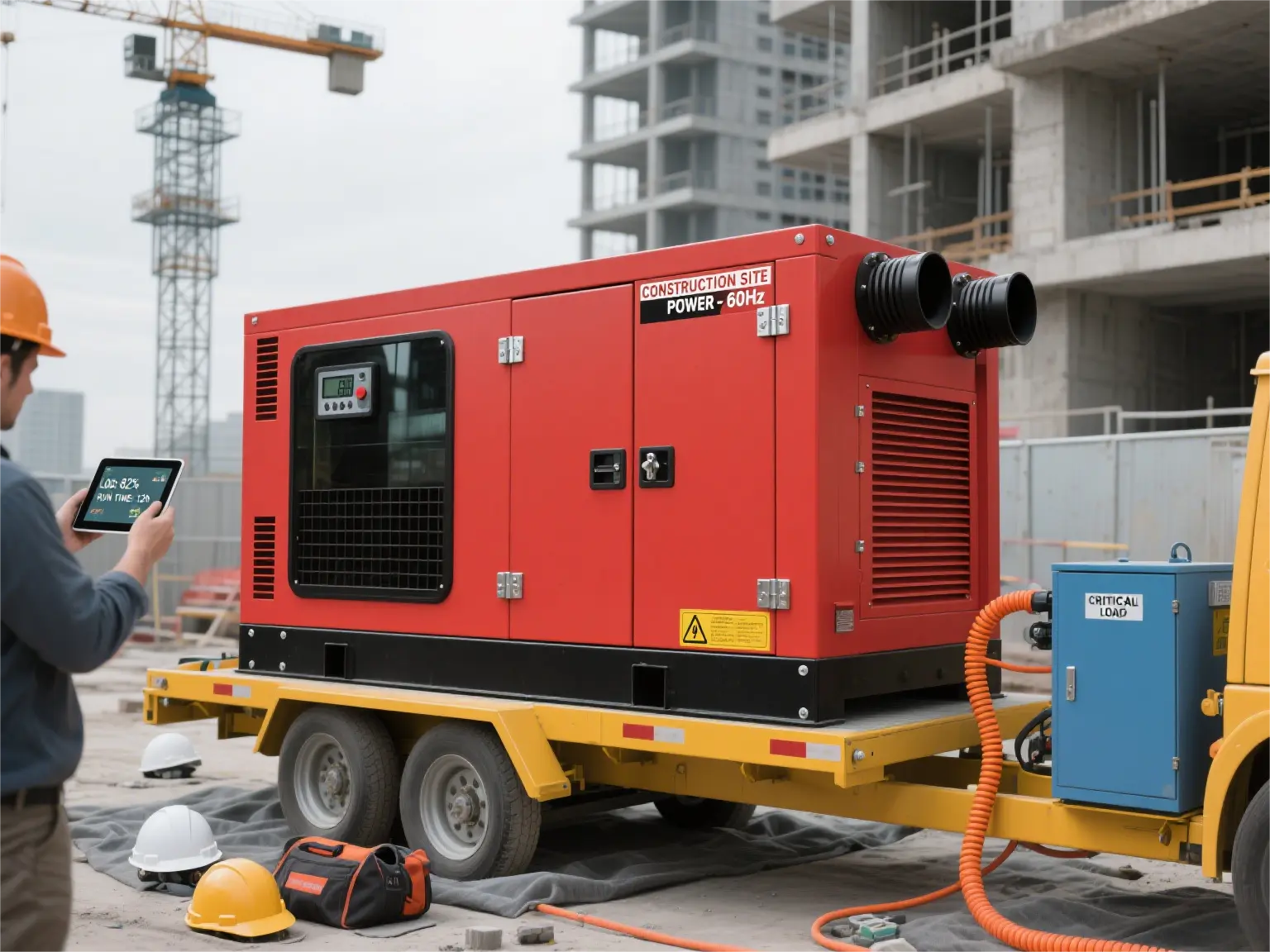
Understanding Home Power Requirements
The power needs of a home vary significantly based on its size, the number of appliances, and lifestyle. A standard suburban home's essential loads—lighting, refrigerators, fans, TVs, and computers—typically require between 5kW to 15kW. A large estate with multiple air conditioning units, electric water heaters, pool pumps, and well pumps might see demands between 20kW to 40kW.
A 50kw generator comfortably exceeds these needs, providing ample headroom for:
Starting large motors (air conditioners, compressors) which have high initial surge currents.
Powering all circuits in the home simultaneously without the need for load shedding.
Future-proofing for additional electrical needs.
Essentially, opting for a 50kw generator ensures you will almost certainly not have to worry about overloading the system, making it a reliable choice for whole-house backup power.
Choosing the Right Type of Generator
When selecting a 50kw generator, the primary choice for reliable, continuous power is a diesel model. Diesel generators are the industry standard for robust applications due to their durability, fuel efficiency under load, and longer operational life. They are designed to handle extended runtimes and require less maintenance compared to gasoline alternatives of the same size.
For residential use, it is highly recommended to choose a 50kw generator housed in a canopy or silent enclosure. This design significantly reduces operational noise, making it suitable for residential areas where noise ordinances may apply. Furthermore, modern diesel units are engineered to be more fuel-efficient and produce lower emissions than older models.
Installation and Operational Guidelines
Proper installation and maintenance are critical to the performance and longevity of your 50kw generator.
Professional Installation: A certified electrician must install an Automatic Transfer Switch (ATS). The ATS automatically detects a power outage, starts the generator, and switches the electrical load, then shuts it down when utility power is restored. This ensures a seamless and safe power transition.
Site Preparation: The generator must be placed on a stable, level concrete pad in a well-ventilated outdoor location, away from windows and air intakes to prevent exhaust fume ingress.
Fuel Management: Diesel fuel must be stored properly and treated with stabilizers if it will be stored for long periods to prevent microbial growth and degradation.
Routine Maintenance: Adherence to a strict maintenance schedule is non-negotiable. This includes regular checks and changes of engine oil, coolant, and fuel filters, as well as exercising the generator weekly to keep the system operational.
Conclusion
A 50kw generator is an exceptionally powerful and reliable solution for whole-house backup power, offering capacity that far exceeds the needs of most residences. It provides peace of mind, ensuring that during a utility outage, your home remains operational and comfortable.
At JLMECH, we combine extensive expertise in power generation with an unwavering commitment to quality and performance. Our team is dedicated to providing robust and efficient diesel generator solutions tailored to meet your specific requirements.
Contact our experts to find the perfect generator solution for your needs. Email us at skala@whjlmech.com for a personalized consultation and learn more about our range of reliable 50kw generator systems.
References
International Electrotechnical Commission. (2018). *IEC 60034-1: Rotating electrical machines - Part 1: Rating and performance*.
National Fire Protection Association. (2022). NFPA 110: Standard for Emergency and Standby Power Systems.
Johnson, M. (2022). Emergency Power Systems: A Comprehensive Guide to High-Speed Diesel Generators. Power Engineering Quarterly, 45(3), 78-92.



